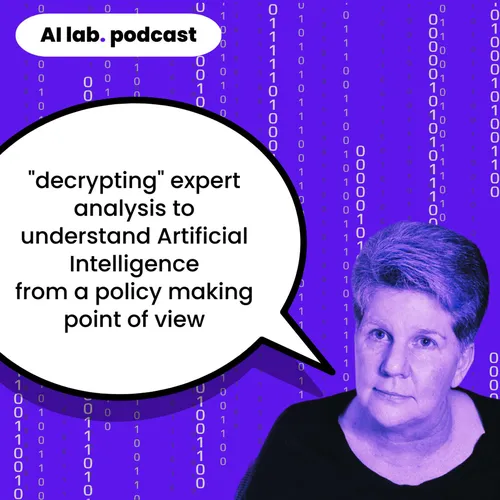
AI lab by information labs
AI lab podcast, "decrypting" expert analysis to understand Artificial Intelligence from a policy making point of view.
- Update frequency
- every 16 days
- Average duration
- 16 minutes
- Episodes
- 35
- Years Active
- 2023 - 2025
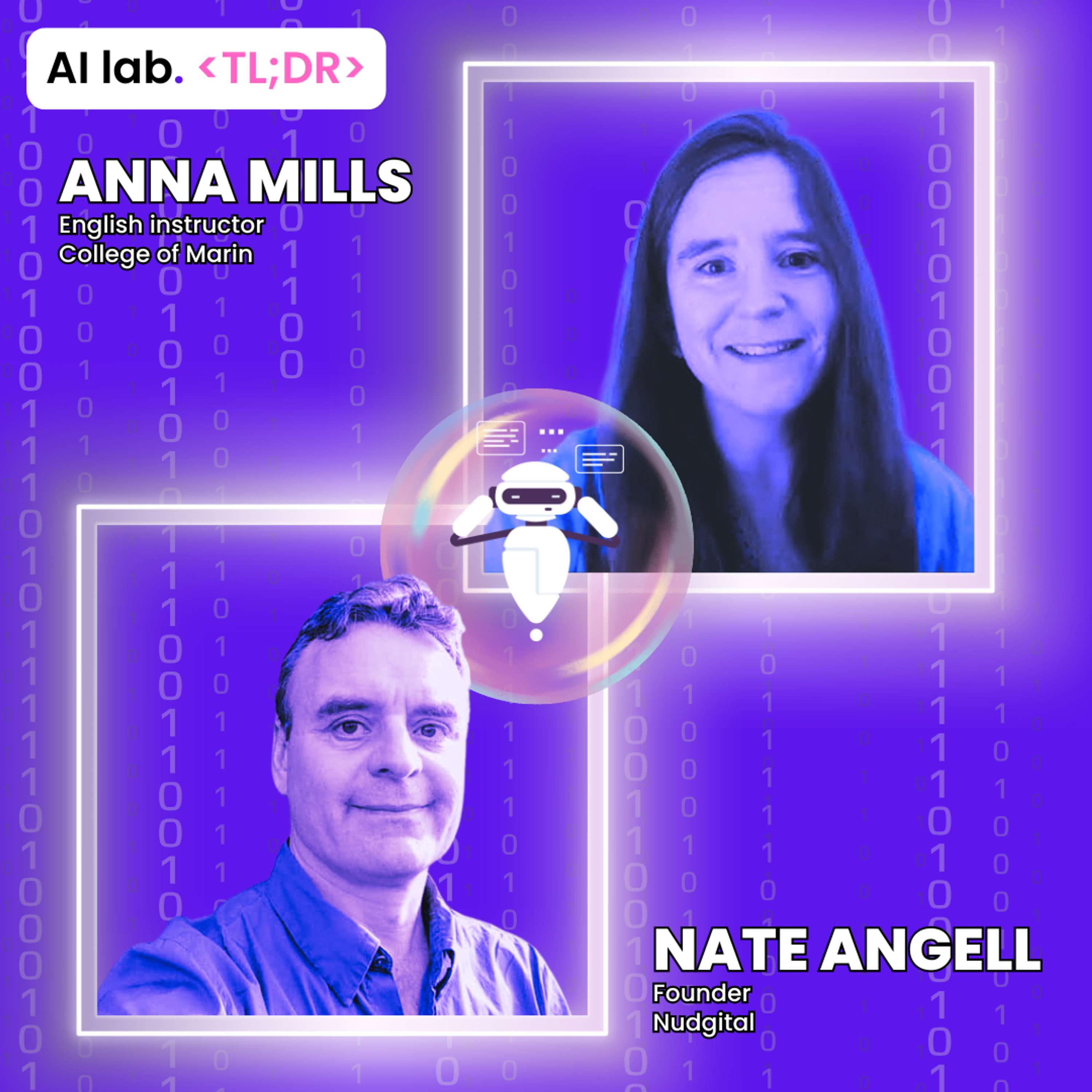
AI lab TL;DR | Anna Mills and Nate Angell - The Mirage of Machine Intelligence
🔍 In this TL;DR episode, Anna and Nate unpack why calling AI outputs “hallucinations” misses the mark—and introduce “AI Mirage” as a sharper, more accurate metaphor. From scoring alternative terms to…
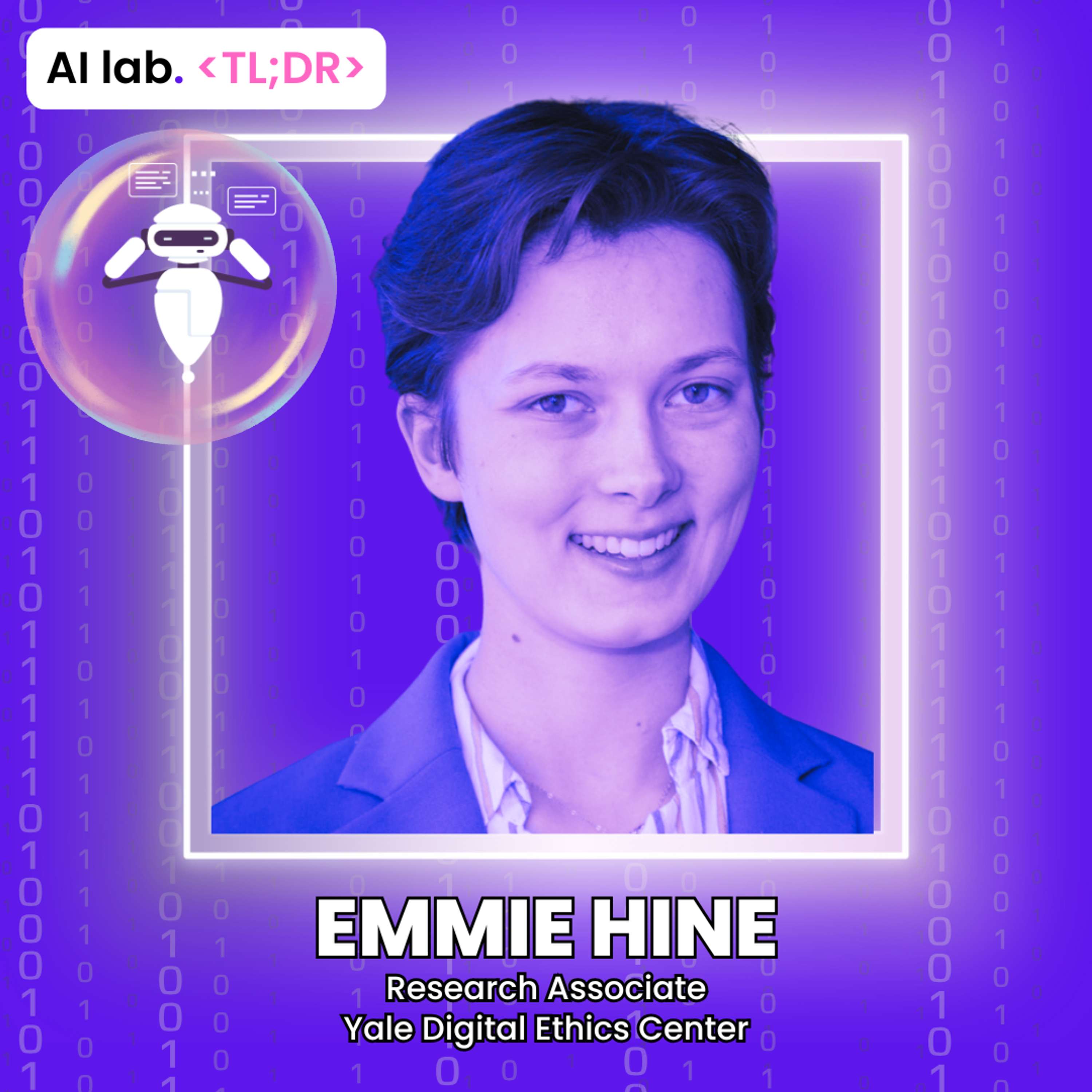
AI lab TL;DR | Emmie Hine - Can Europe Lead the Open-Source AI Race?
🔍 In this TL;DR episode, Emmie Hine (Yale Digital Ethics Center) makes the case for Europe’s leadership in open-source AI—thanks to strong infrastructure, multilingual data, and regulatory clarity. W…

AI lab TL;DR | Milton Mueller - Why Regulating AI Misses the Point
🔍 In this TL;DR episode, Milton Mueller (the Georgia Institute of Technology School of Public Policy) argues that what we call “AI” is really just part of a broader digital ecosystem. Instead of vagu…
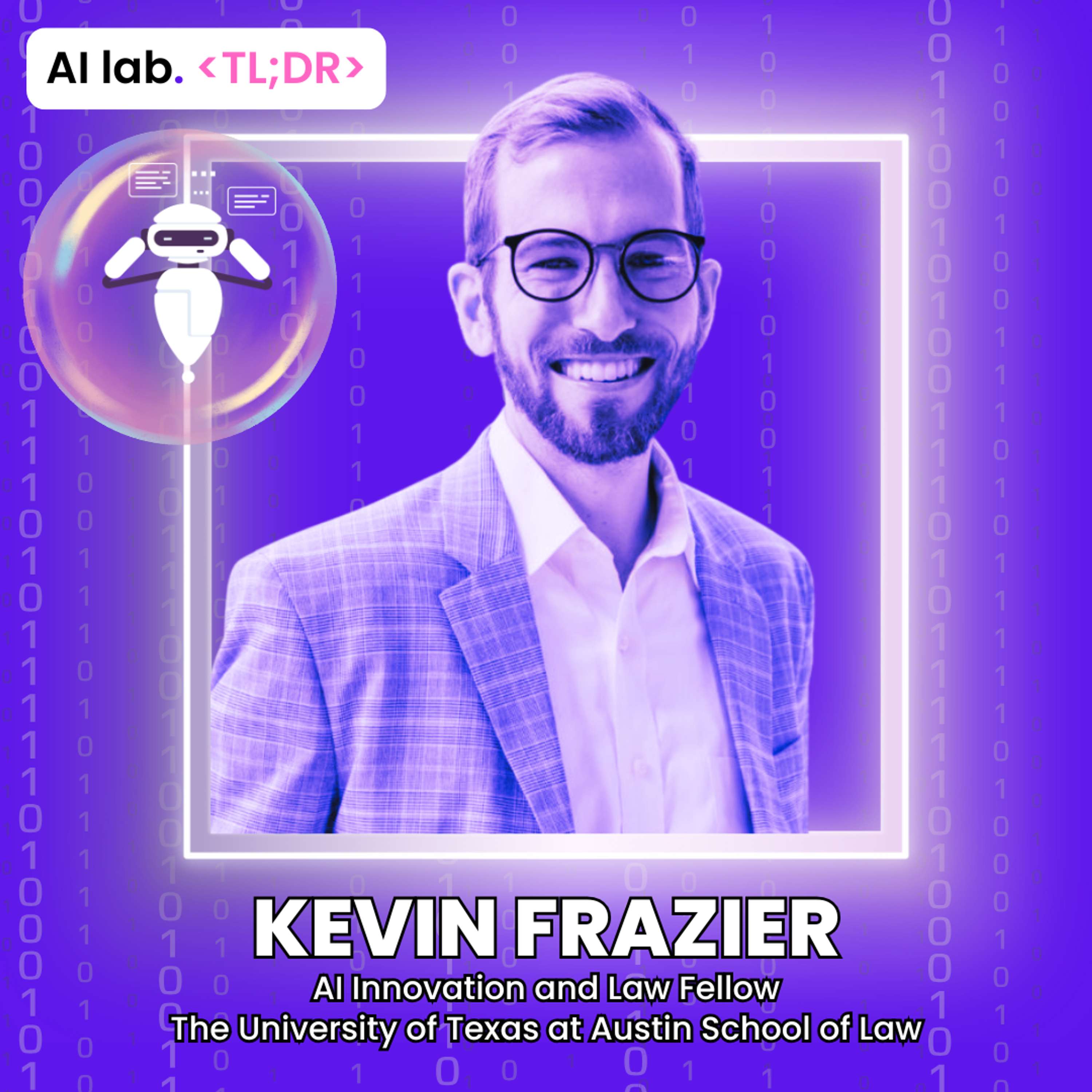
AI lab TL;DR | Kevin Frazier - How Smarter Copyright Law Can Unlock Fairer AI
🔍 In this TL;DR episode, Kevin Frazier (University of Texas at Austin school of Law) outlines a proposal to realign U.S. copyright law with its original goal of spreading knowledge. The discussion in…
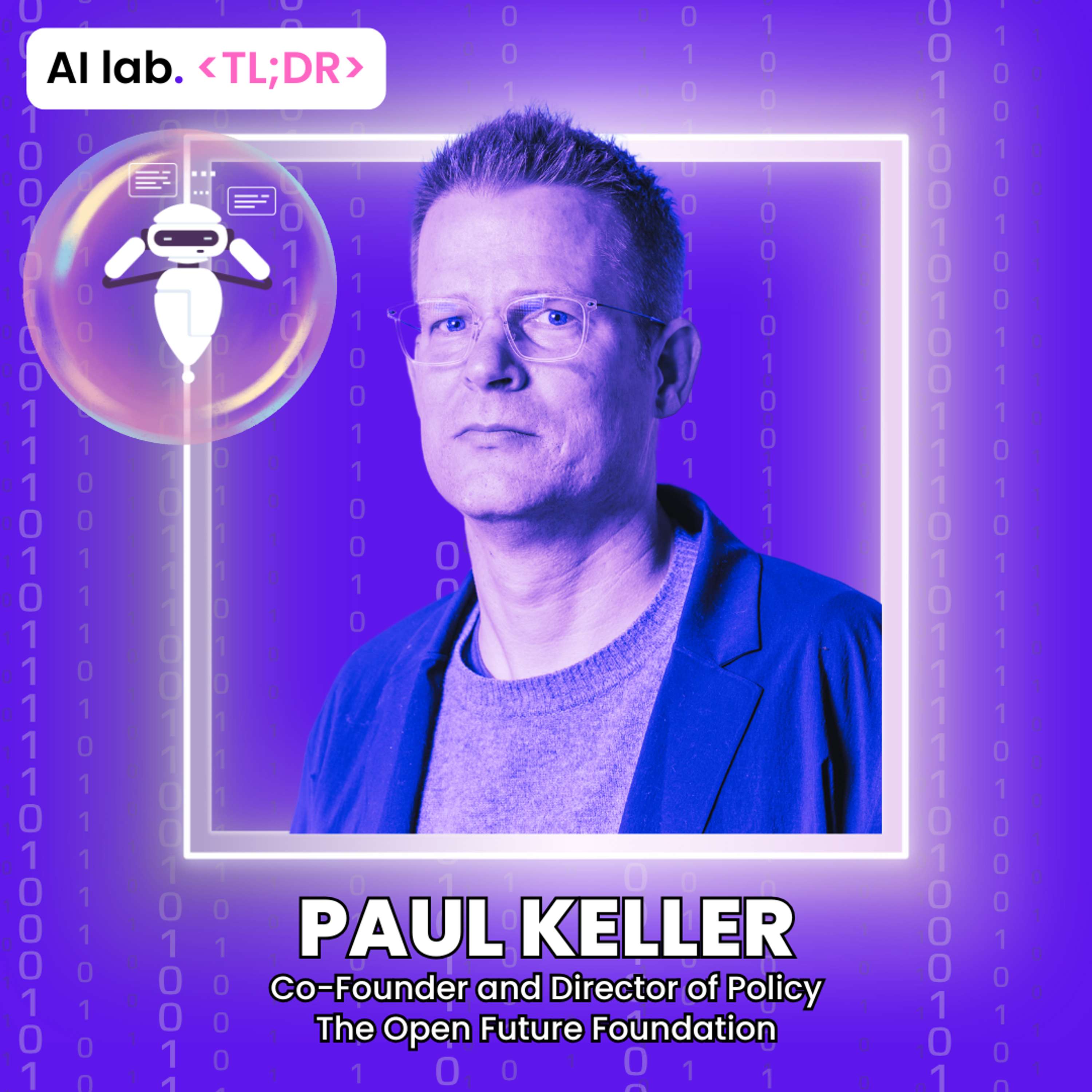
AI lab TL;DR | Paul Keller - A Vocabulary for Opting Out of AI Training and TDM
🔍 In this TL;DR episode, Paul Keller (The Open Future Foundation) outlines a proposal for a common opt-out vocabulary to improve how EU copyright rules apply to AI training. The discussion introduces…
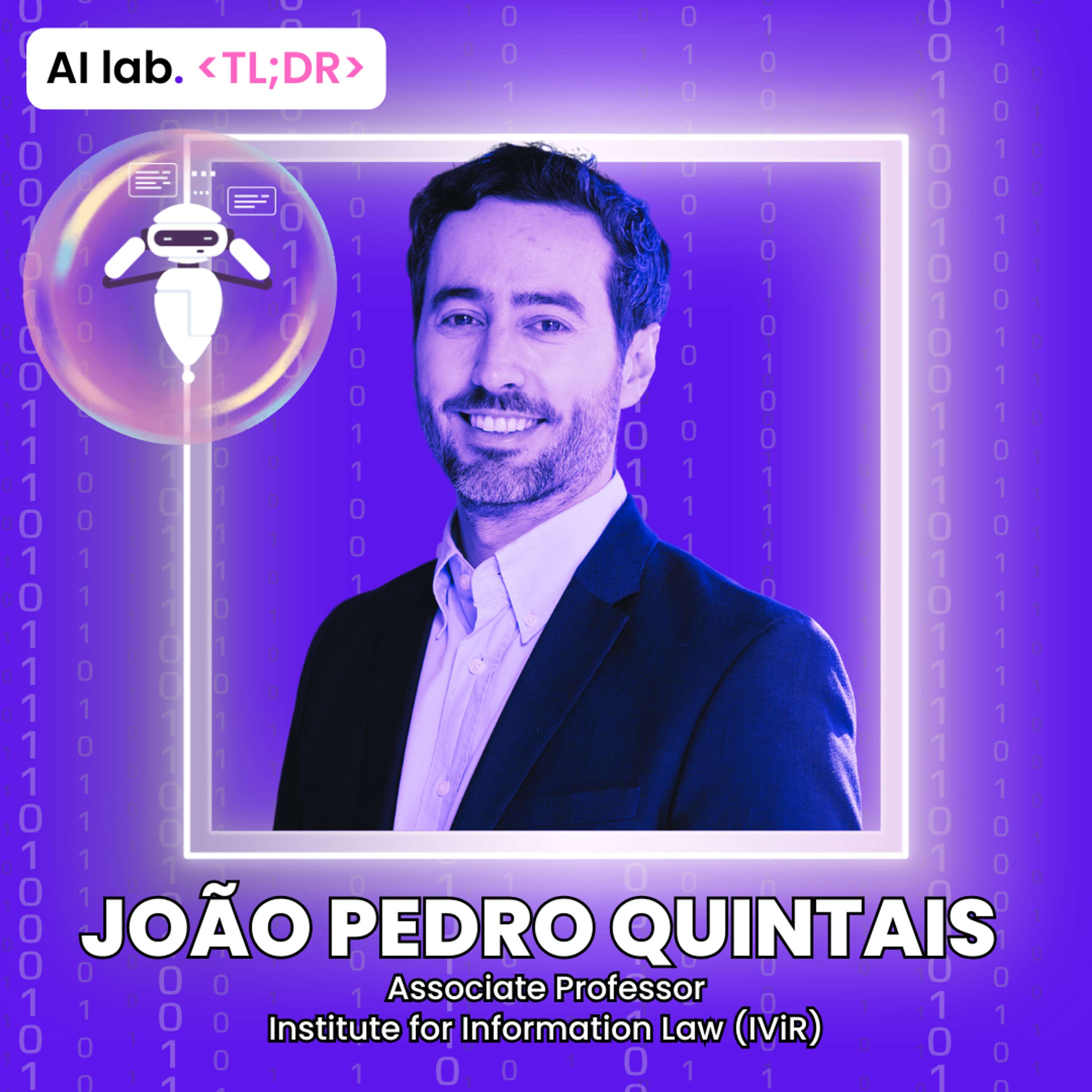
AI lab TL;DR | João Pedro Quintais - Untangling AI Copyright and Data Mining in EU Compliance
🔍 In this TL;DR episode, João Quintais (Institute for Information Law) explains the interaction between the AI Act and EU copyright law, focusing on text and data mining (TDM). He unpacks key issues …
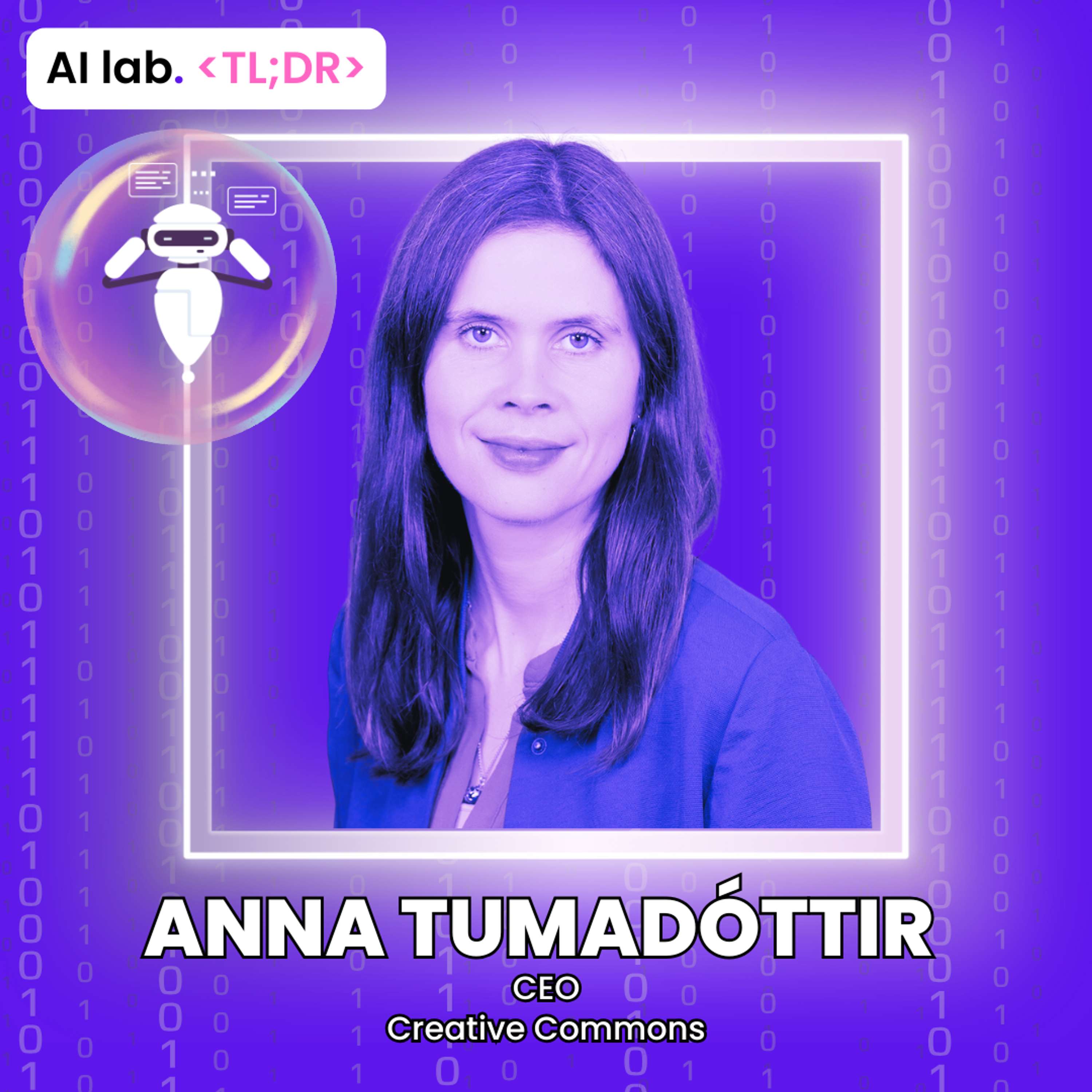
AI lab TL;DR | Anna Tumadóttir - Rethinking Creator Consent in the Age of AI
🔍 In this TL;DR episode, Anna Tumadóttir (Creative Commons) discusses how the evolution of creator consent and AI has reshaped perspectives on openness, highlighting the challenges of balancing creat…
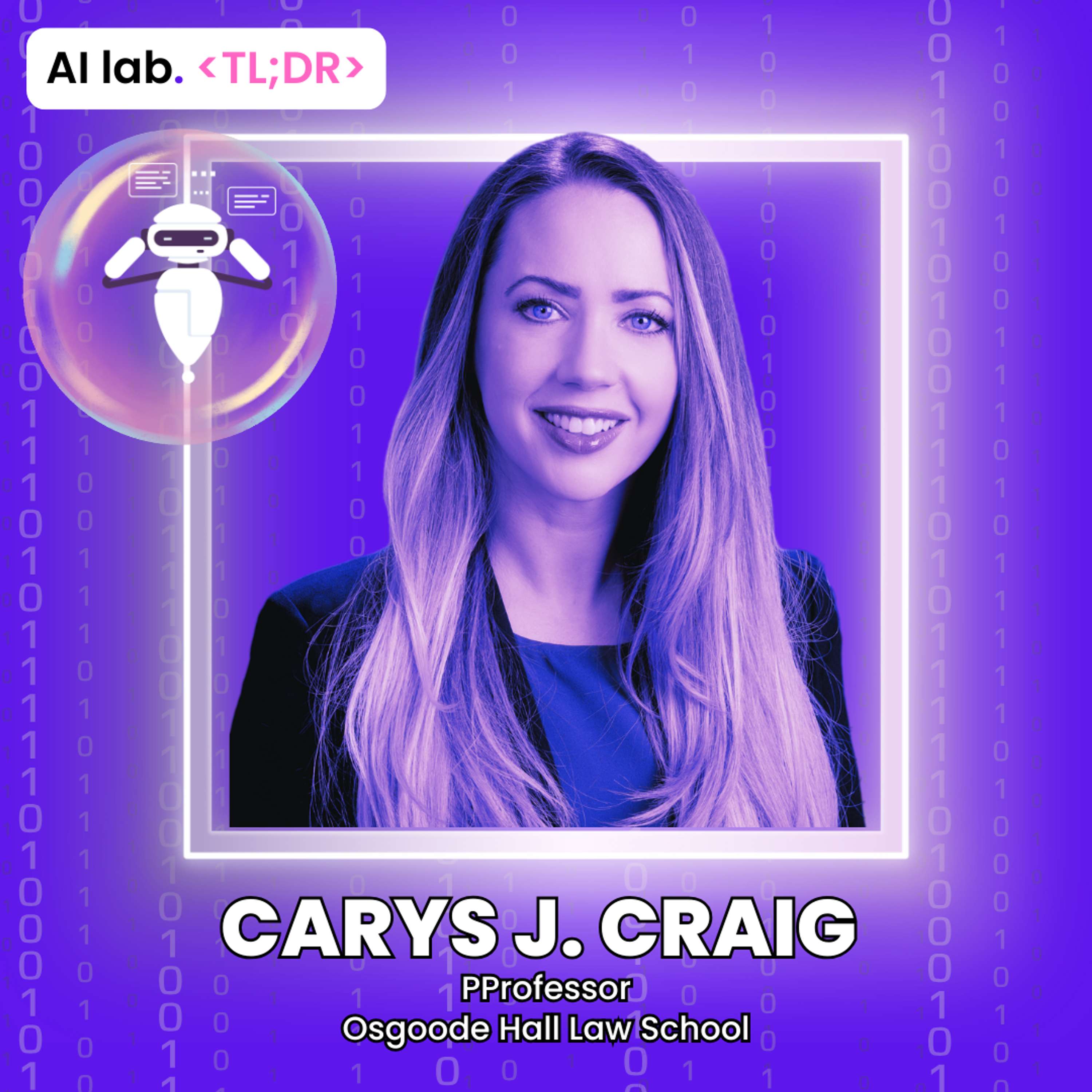
AI lab TL;DR | Carys J. Craig - The Copyright Trap and AI Policy
🔍 In this TL;DR episode, Carys J Craig (Osgoode Professional Development) explains the "copyright trap" in AI regulation, where relying on copyright favors corporate interests over creativity. She ch…
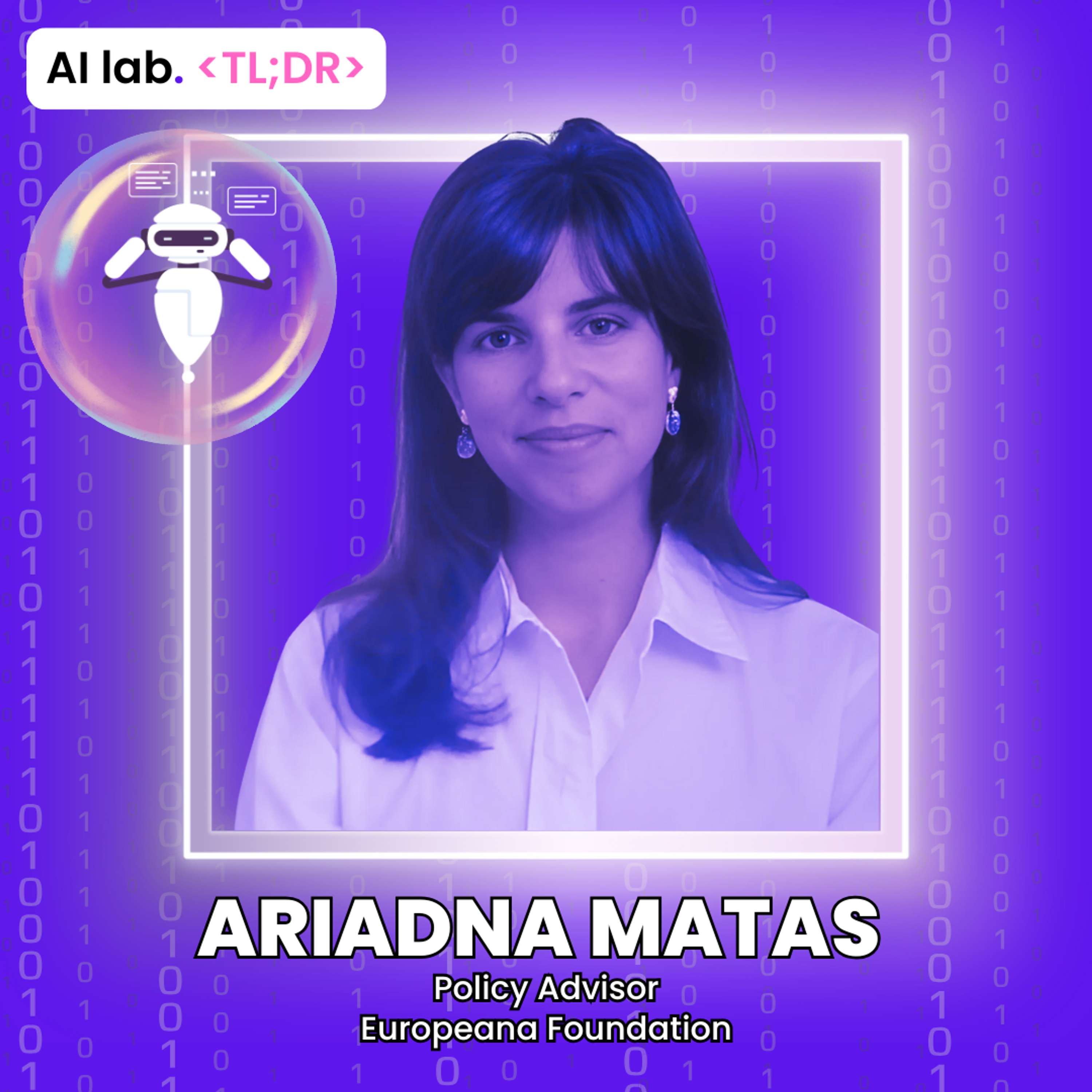
AI lab TL;DR | Ariadna Matas - Should Institutions Enable or Prevent Cultural Data Mining?
🔍 In this TL;DR episode, Ariadna Matas (Europeana Foundation) discusses how the 2019 Copyright Directive has influenced text and data mining practices in cultural heritage institutions, highlighting …

AI lab TL;DR | Martin Senftleben - How Copyright Challenges AI Innovation and Creativity
🔍 In this TL;DR episode, Martin Senftleben (Institute for Information Law (IViR) & University of Amsterdam) discusses how EU regulations, including the AI Act and copyright frameworks, impose heavy b…
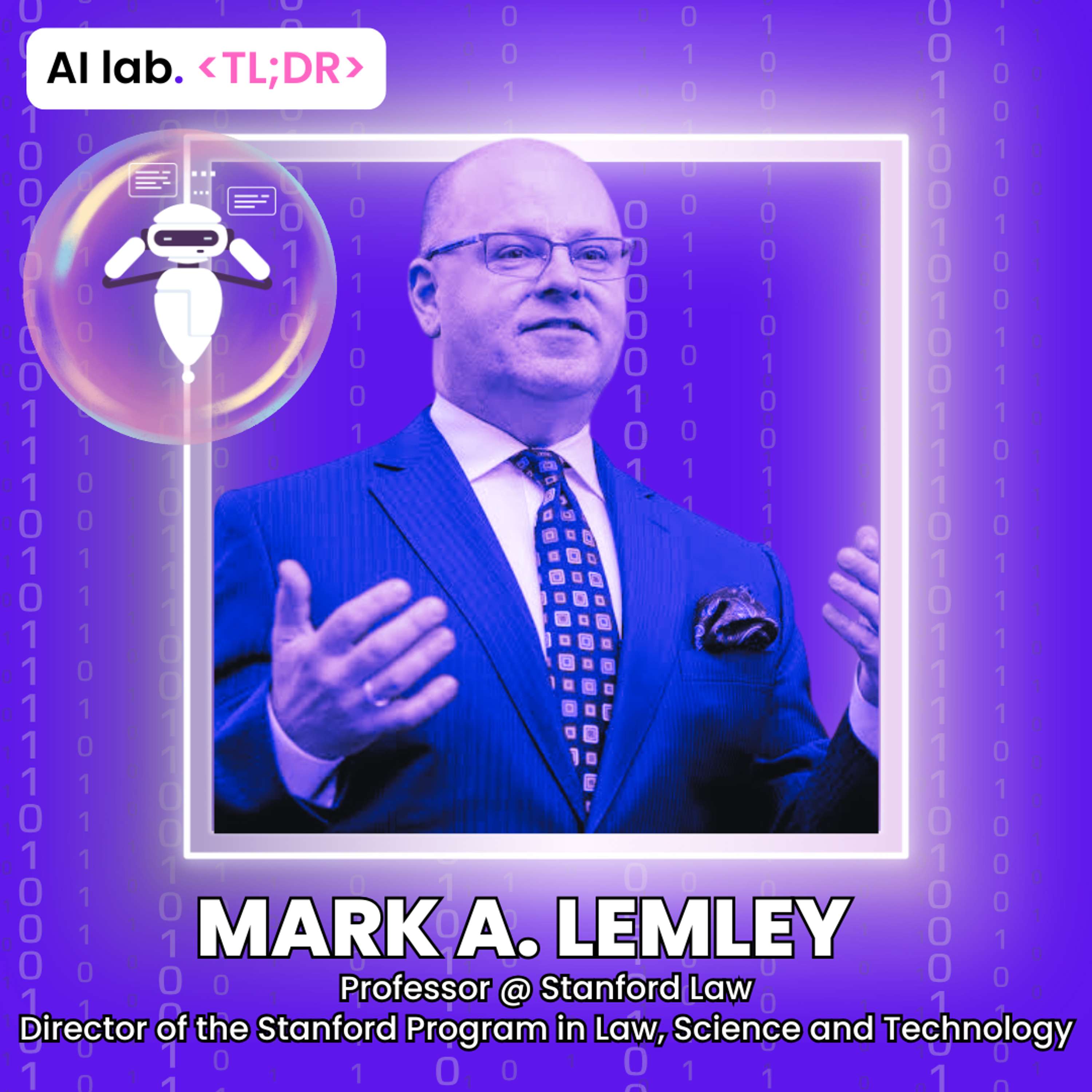
AI lab TL;DR | Mark Lemley - How Generative AI Disrupts Traditional Copyright Law
🔍 In this TL;DR episode, Mark Lemley (Stanford Law School) discusses how generative AI challenges traditional copyright doctrines, such as the idea-expression dichotomy and substantial similarity tes…
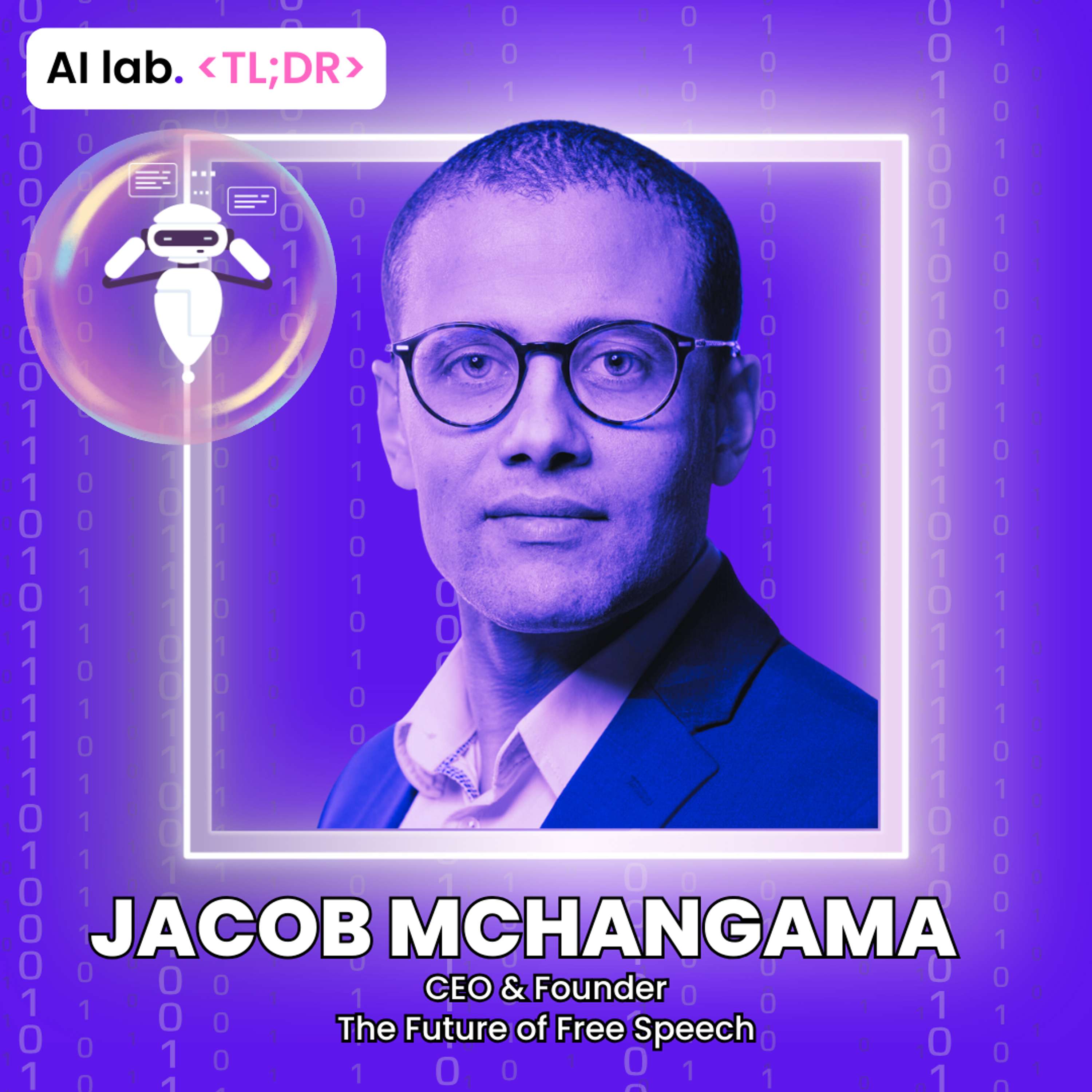
AI lab TL;DR | Jacob Mchangama - Are AI Chatbot Restrictions Threatening Free Speech?
🔍 In this TL;DR episode, Jacob Mchangama (The Future of Free Speech & Vanderbilt University) discusses the high rate of AI chatbot refusals to generate content for controversial prompts, examining ho…
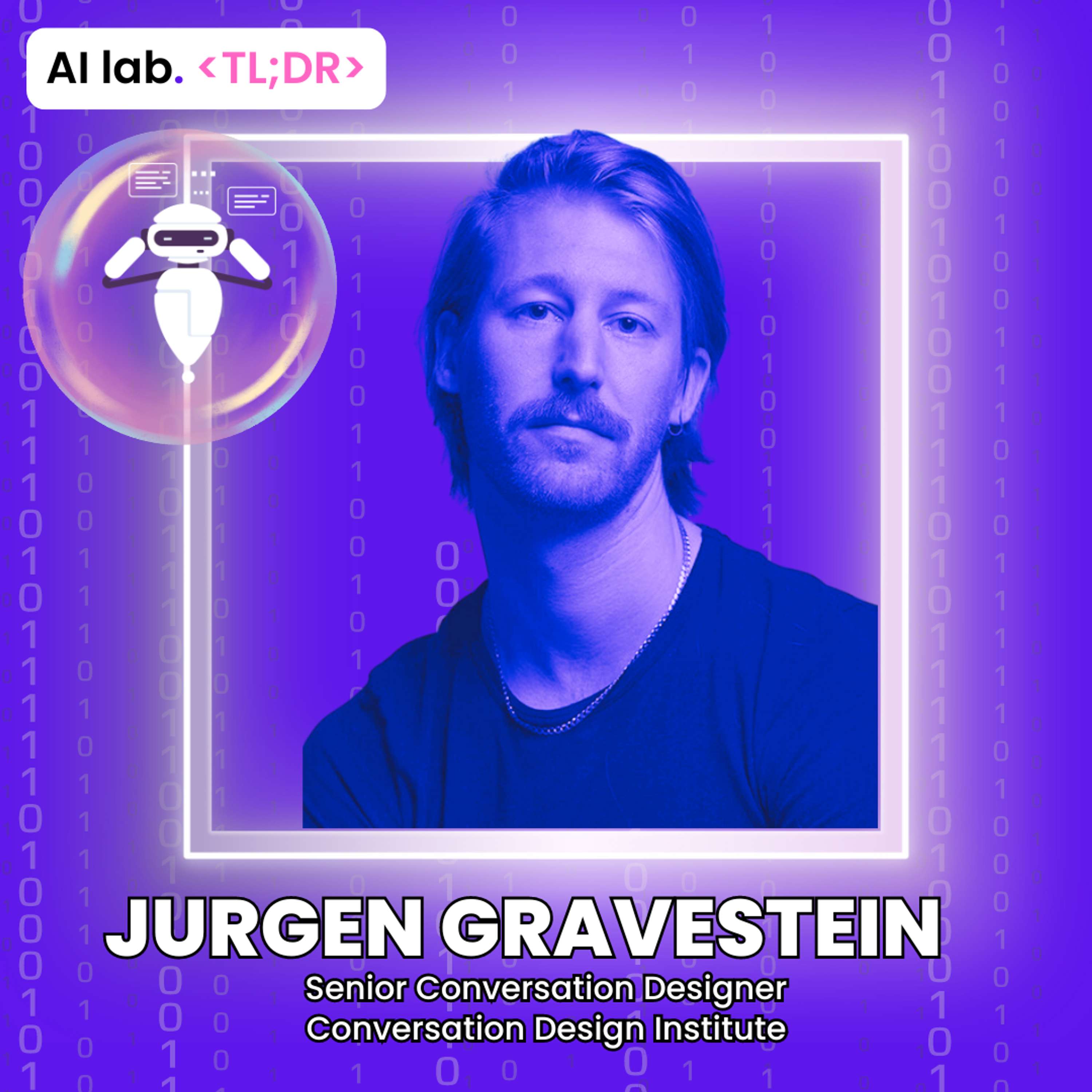
AI lab TL;DR | Jurgen Gravestein - The Intelligence Paradox
🔍 In this TL;DR episode, Jurgen Gravestein (Conversation Design Institute) discusses his Substack blog post delving into the ‘Intelligence Paradox’ with the AI lab
📌 TL;DR Highlights
⏲️[00:00] Intro
⏲️[…
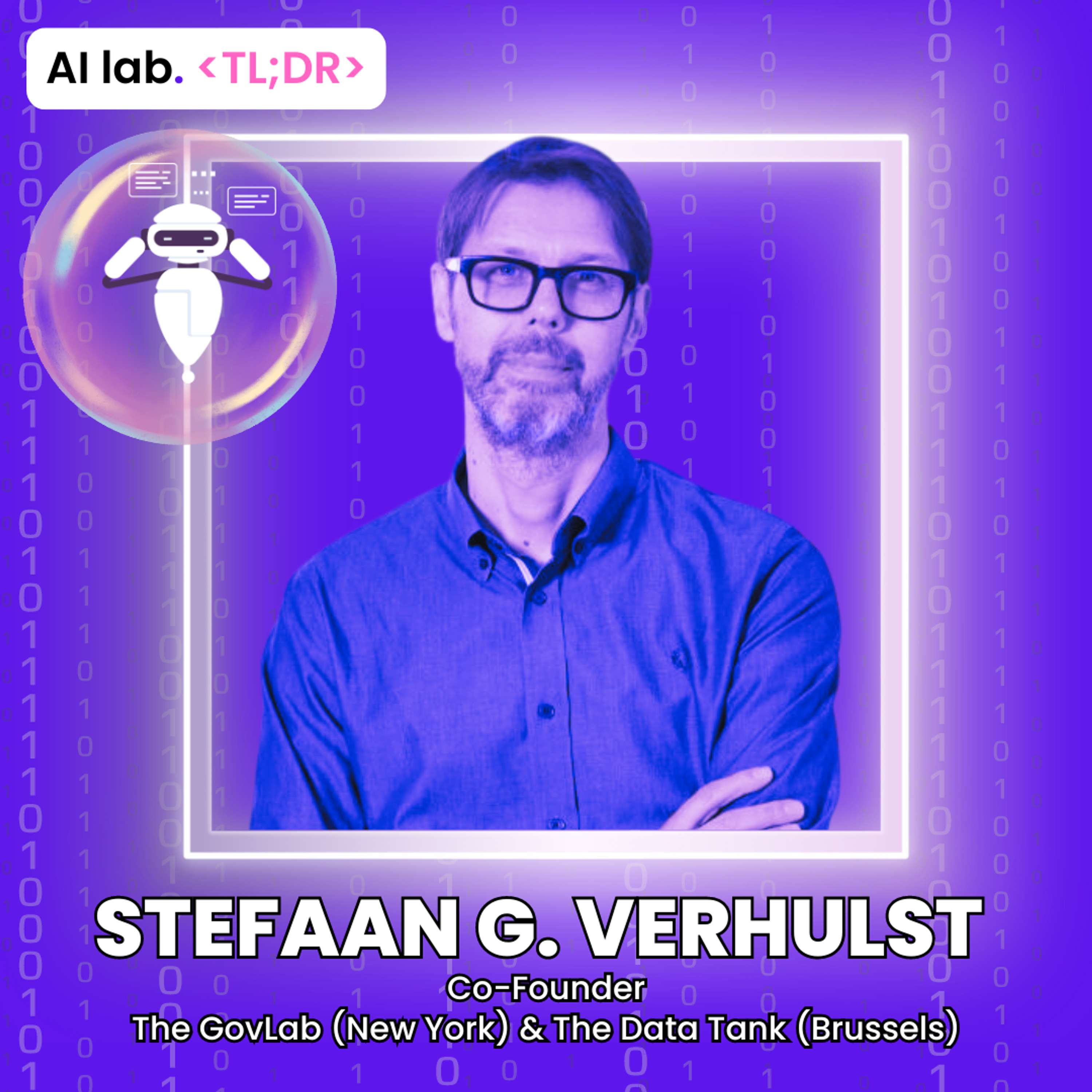
AI lab TL;DR | Stefaan G. Verhulst - Are we entering a Data Winter?
🔍 In this TL;DR episode, Dr. Stefaan G. Verhulst (The GovLab & The Data Tank) discusses his Frontiers Policy Labs contribution on the urgent need to preserve data access for the public interest with …

AI lab – AI in Action | Episode 03: AI Tokenization
Let’s talk about AI tokenization in this third episode of our AI in Action series. Tokenization is actually pretty interesting, especially if you ever wondered how these fancy AI machines understand …

AI lab TL;DR | Bertin Martens - The Economics of GenAI & Copyright
🔍 In this TL;DR episode, Dr. Bertin Martens (Bruegel) discusses his working paper for the Brussels-based economic think tank on the economic arguments in favour of reducing copyright protection for g…

AI lab TL;DR | Alexander Peukert - Copyright in the Artificial Intelligence Act–A Primer
🔍 In this TL;DR episode, Prof. Dr. Alexander Peukert (Goethe University Frankfurt am Main) discusses his primer on copyright in the EU AI Act with the AI lab
📌 TL;DR Highlights
⏲️[00:00] Intro
⏲️[01:26]…
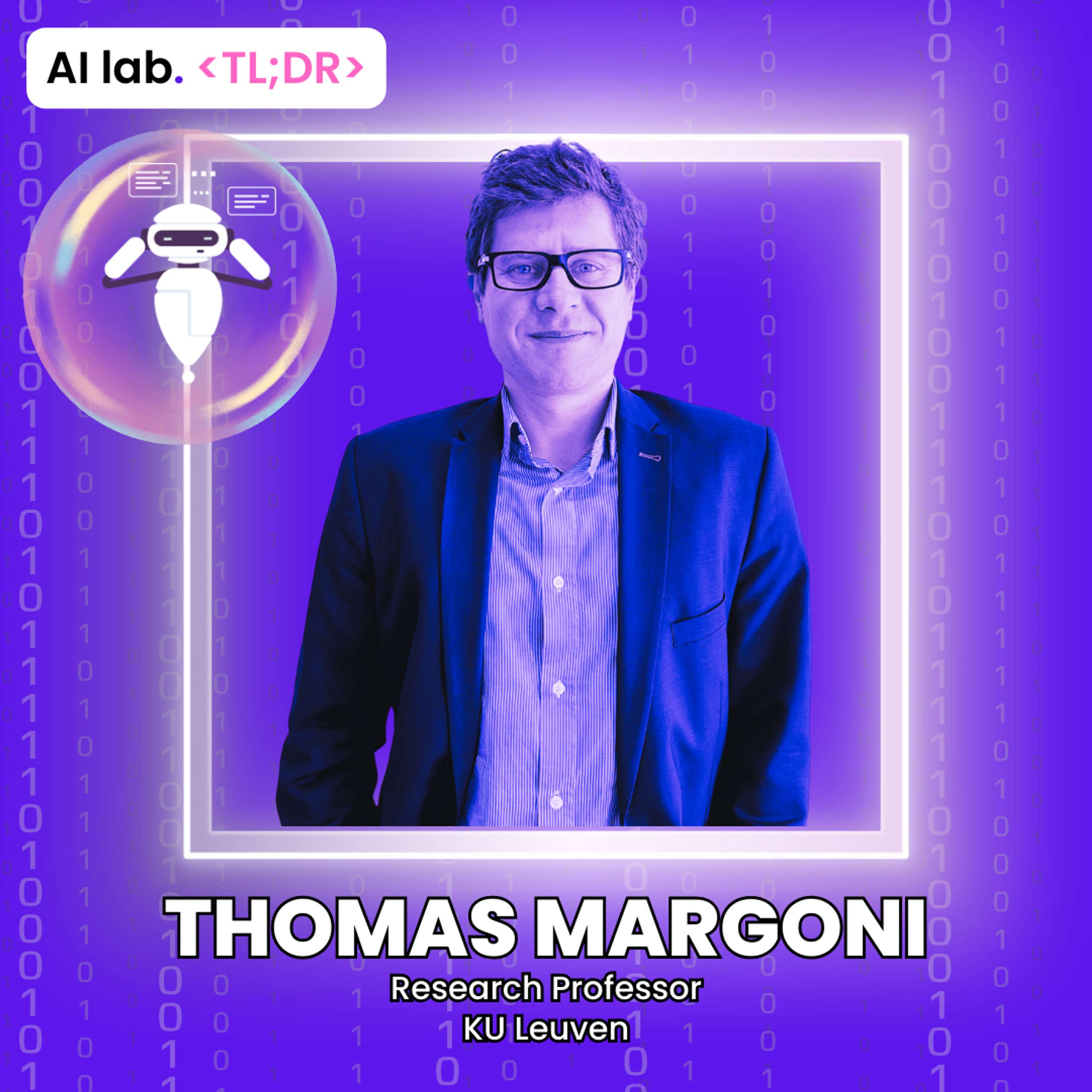
AI lab TL;DR | Thomas Margoni - Copyright Law & the Lifecycle of Machine Learning Models
🔍 In this TL;DR episode, Professor Thomas Margoni (CiTiP - Centre for IT & IP Law, KU Leuven) discusses copyright law and the lifecycle of machine learning models with the AI lab. The starting point …
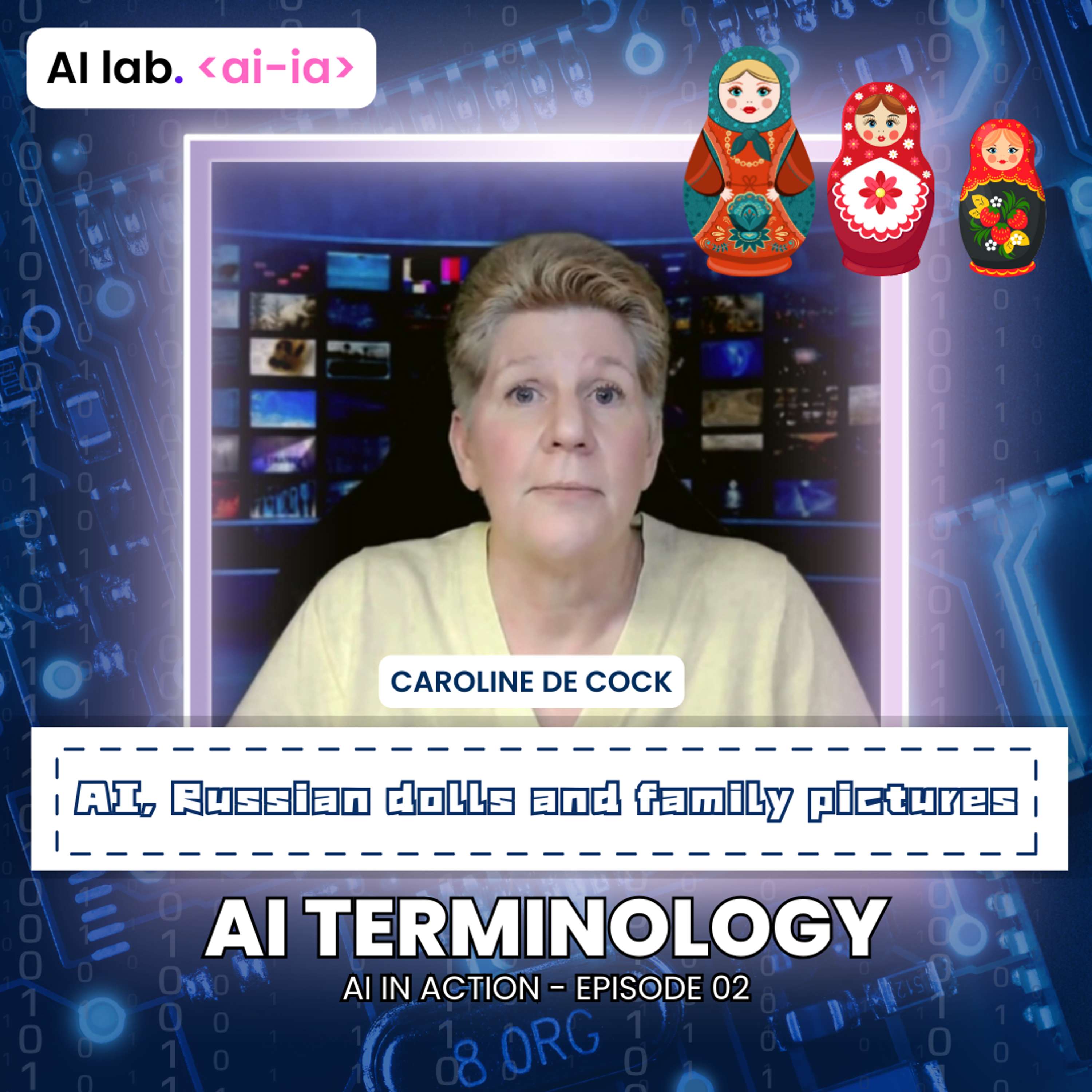
AI lab - AI in Action | Episode 02: AI Terminology
Let’s talk about AI terminology in the second episode in our AI in Action series. The AI term gets thrown around more than a beach ball at a summer picnic, and it’s not always clear what people are t…
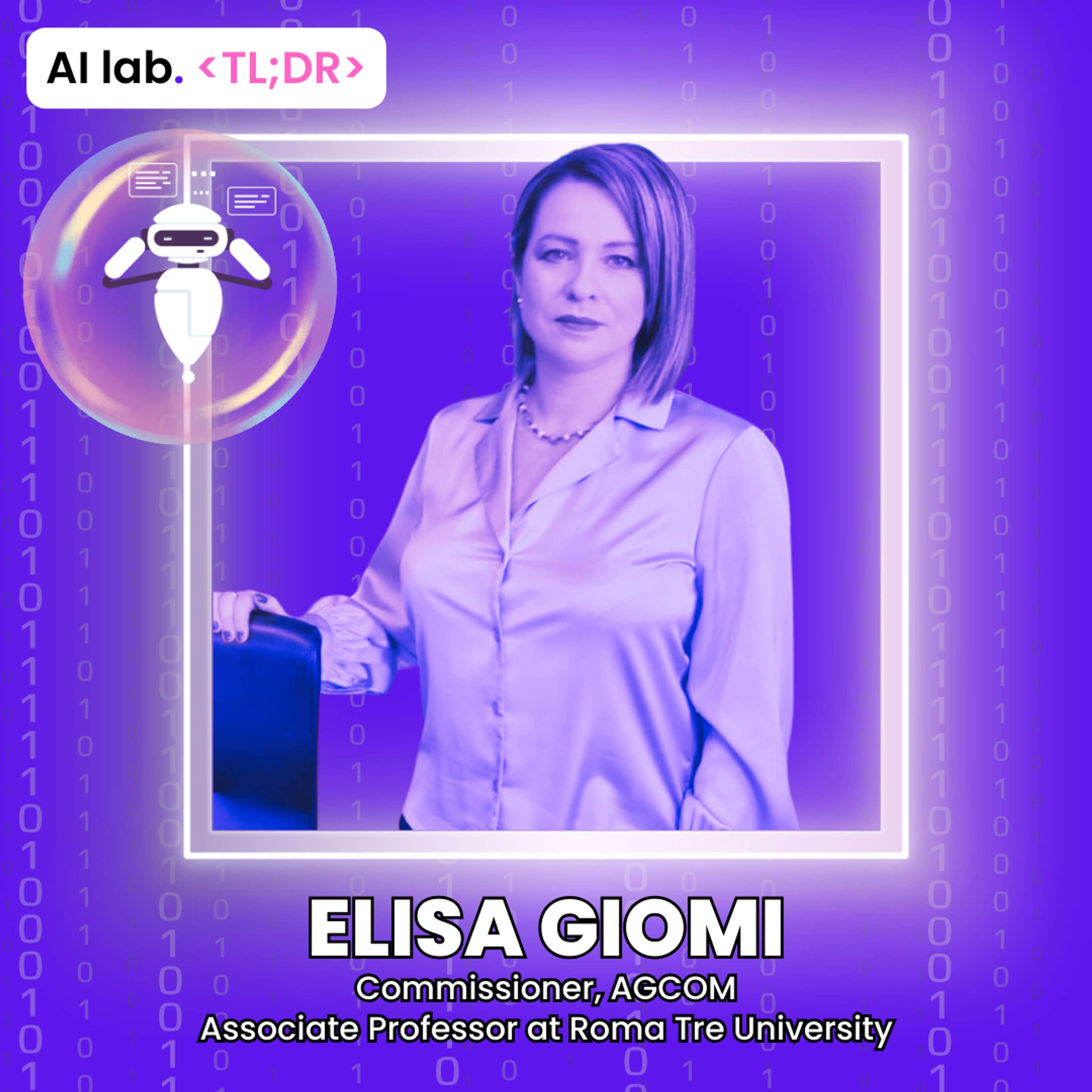
AI lab TL;DR | Elisa Giomi - The Unacknowledged AI Revolution in the Media & Creative Industries
🔍 In this TL;DR episode, Dr Elisa Giomi, Associate Professor at the Roma Tre University and Commissioner of the Italian Communications Regulatory Authority (AGCOM), discusses her recent contribution …